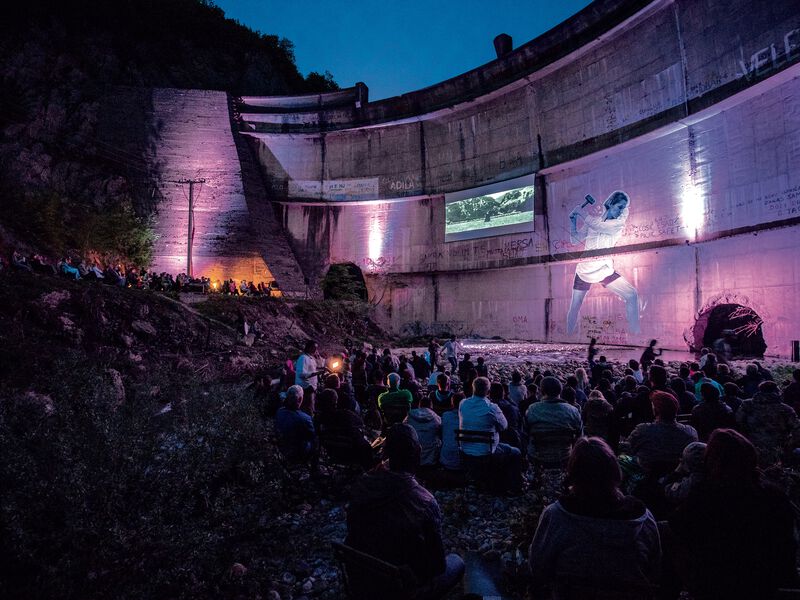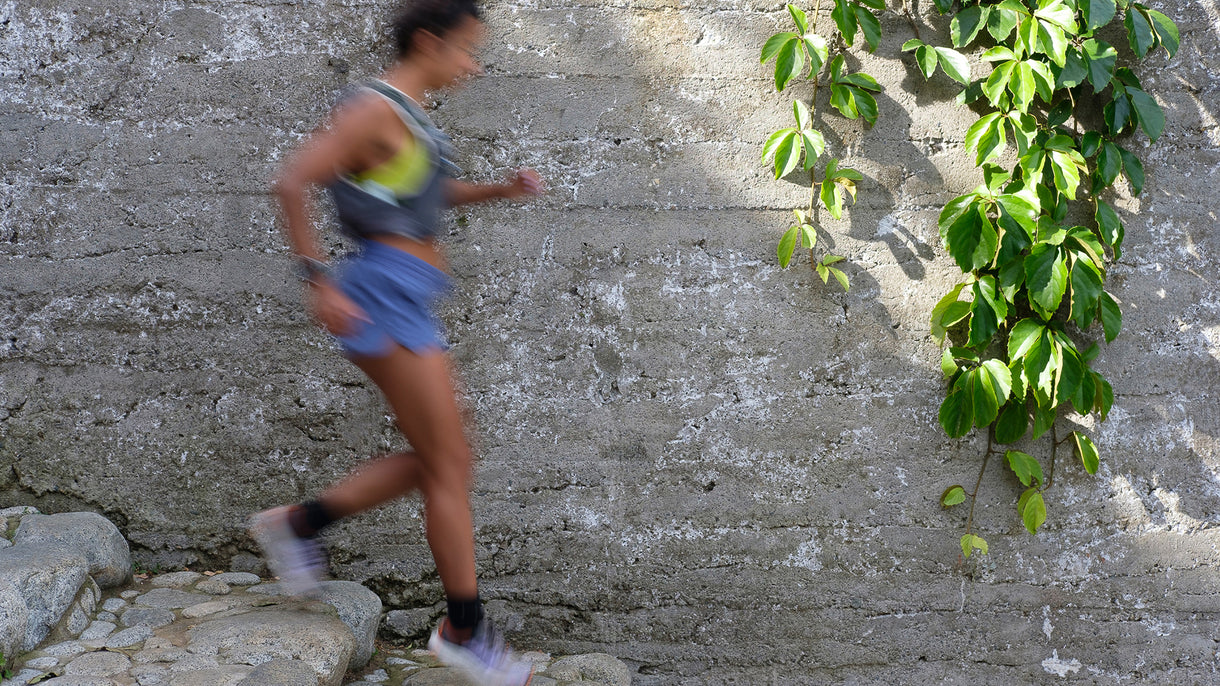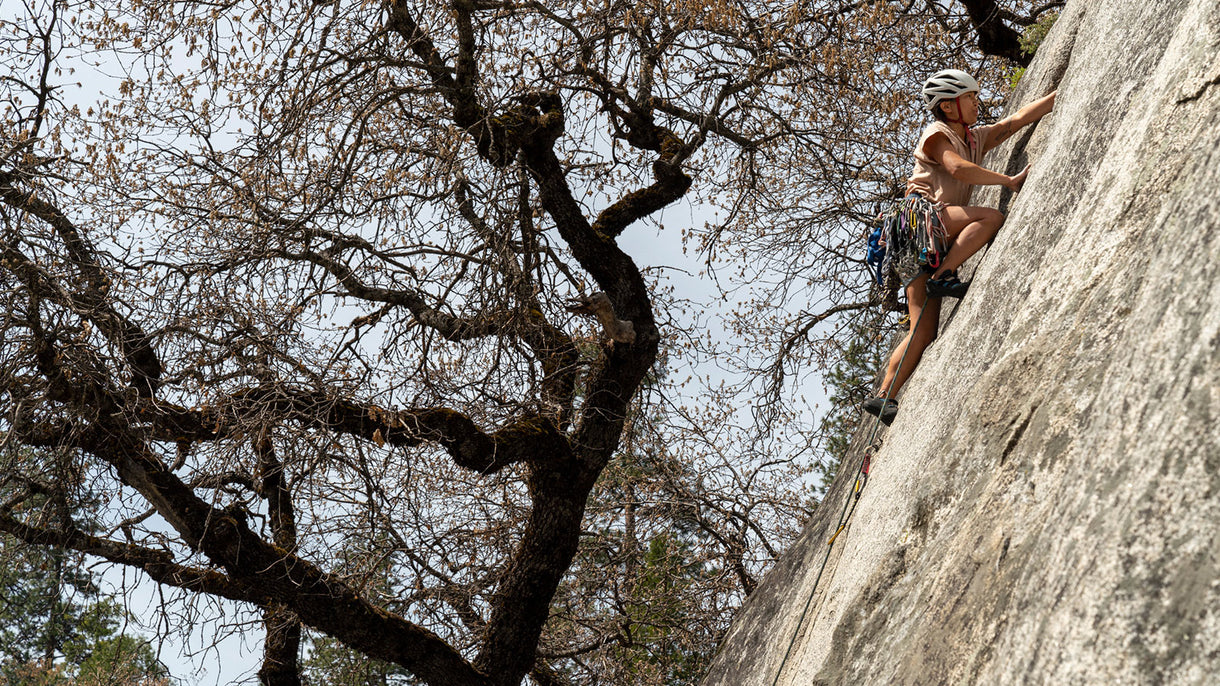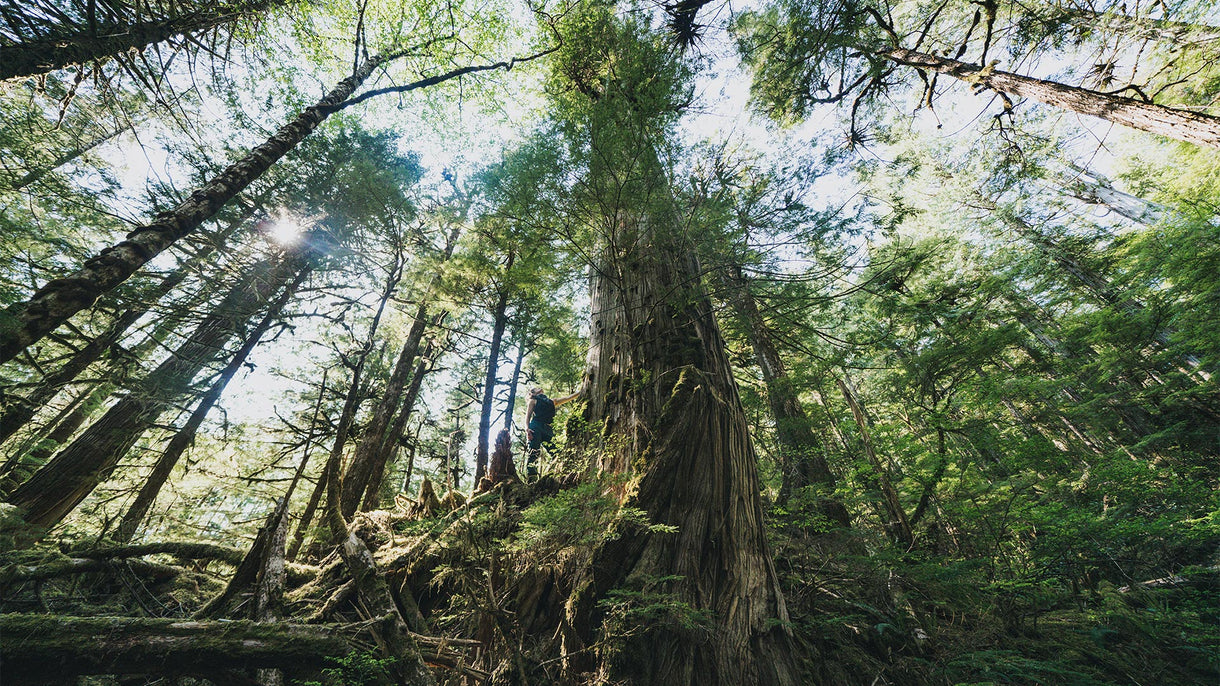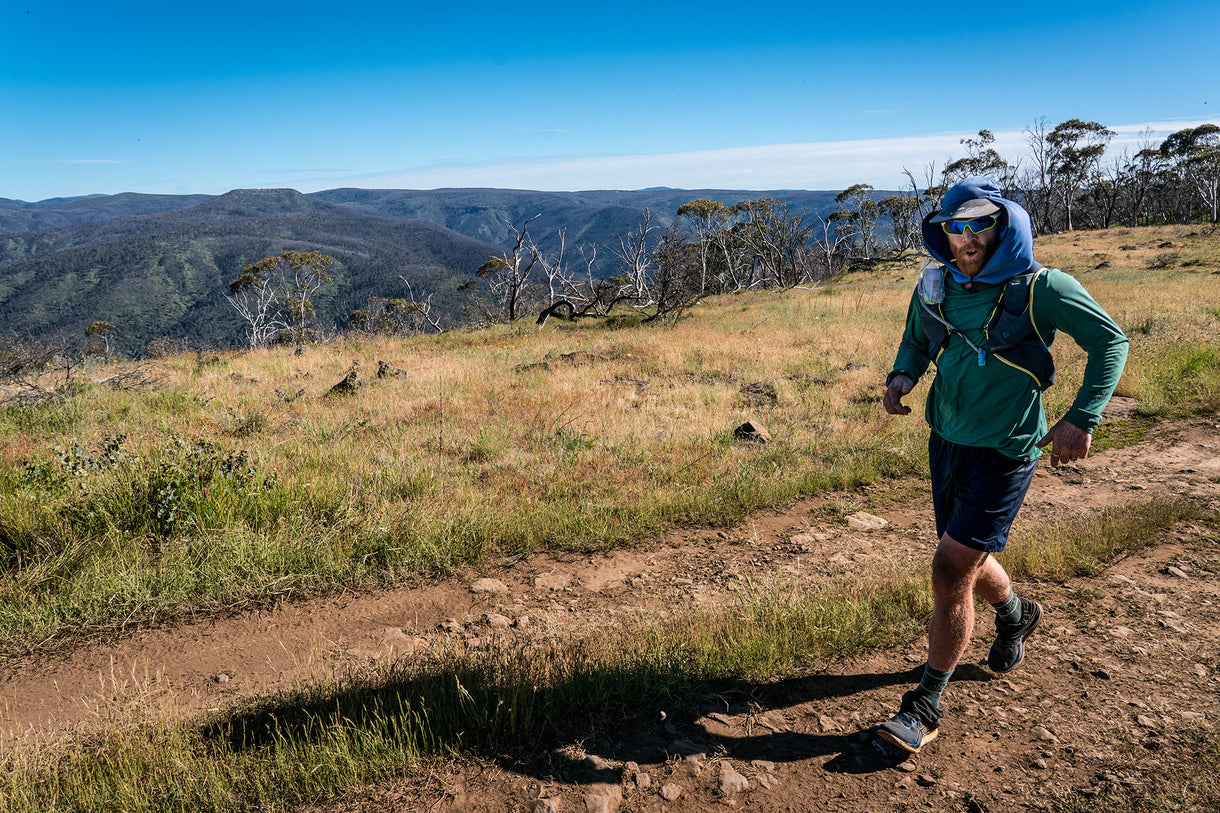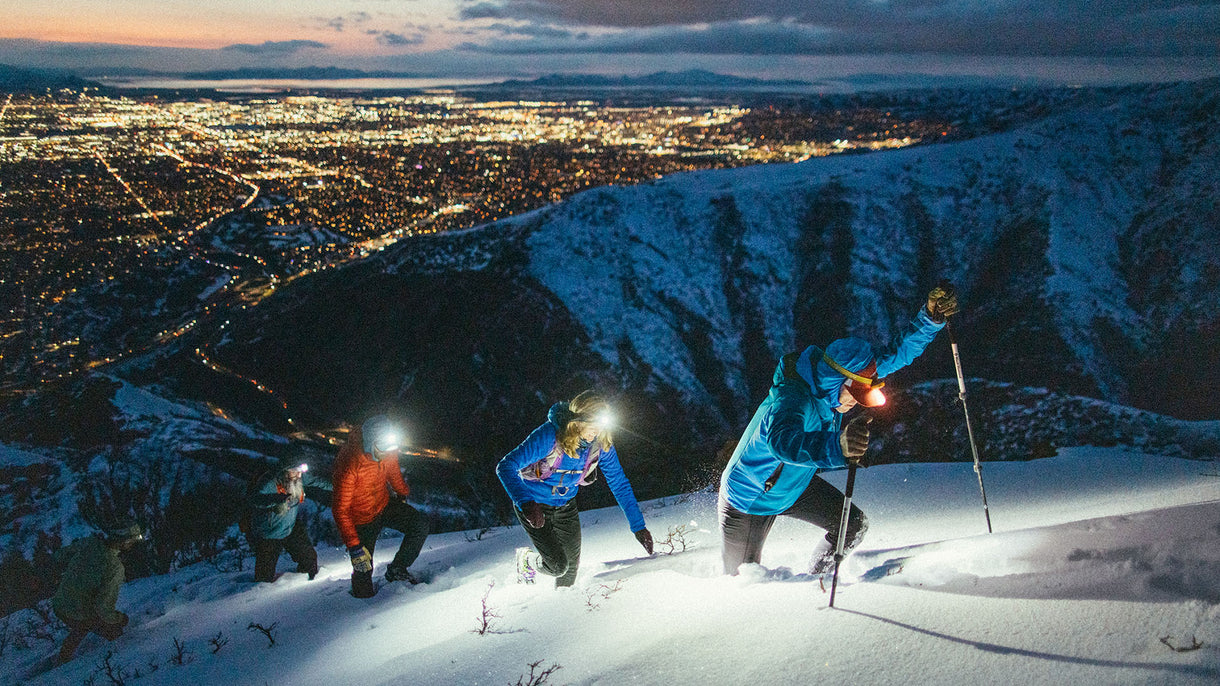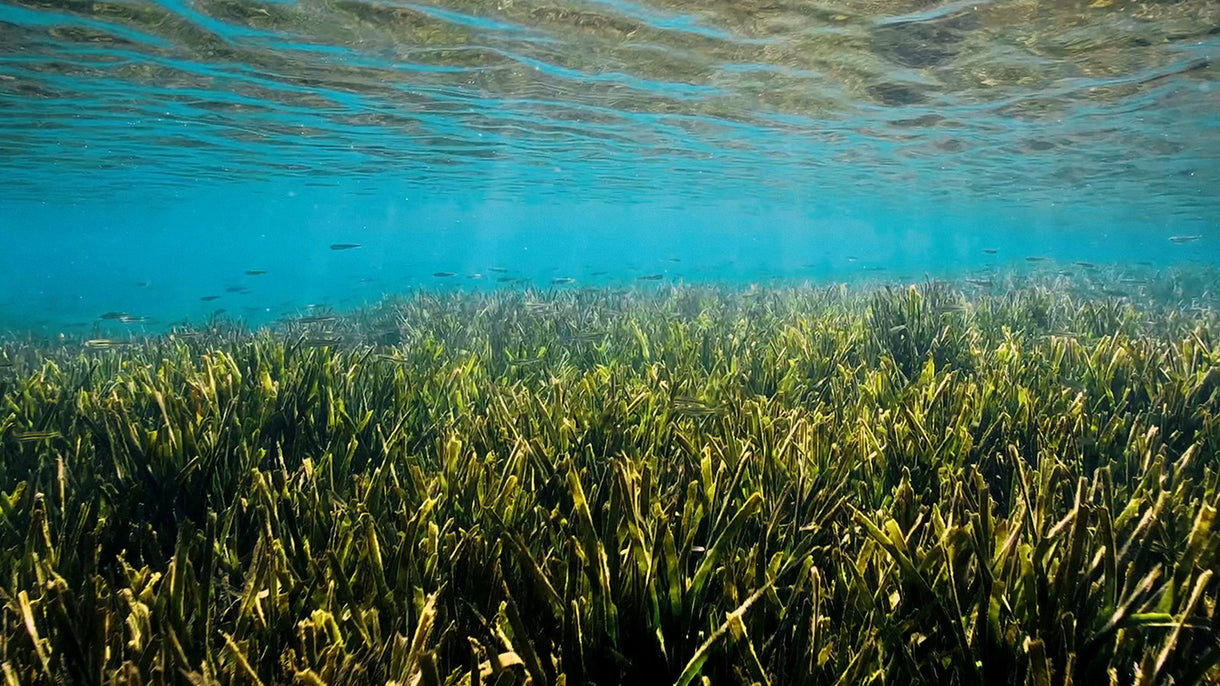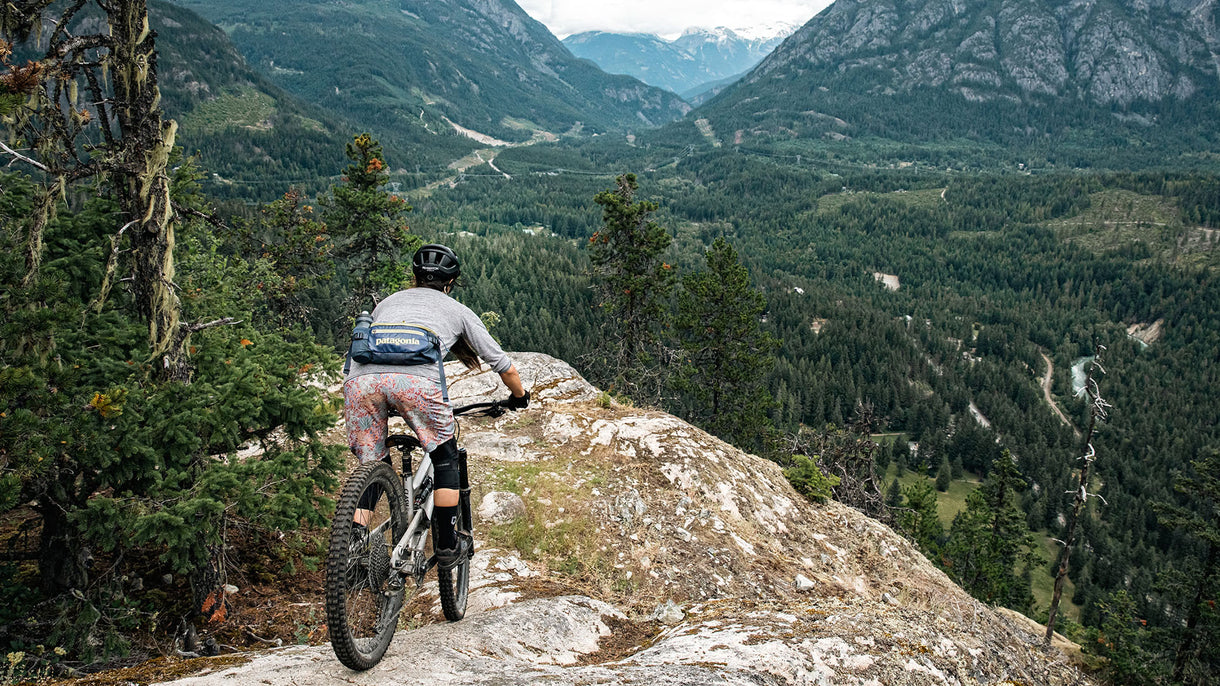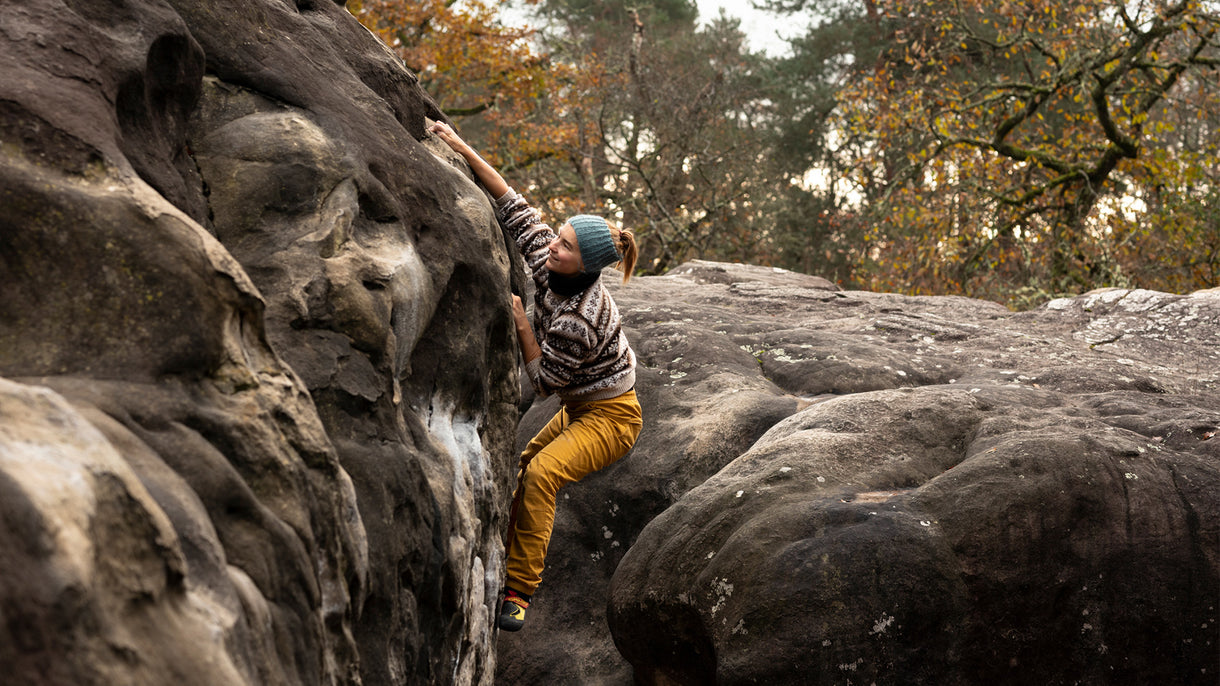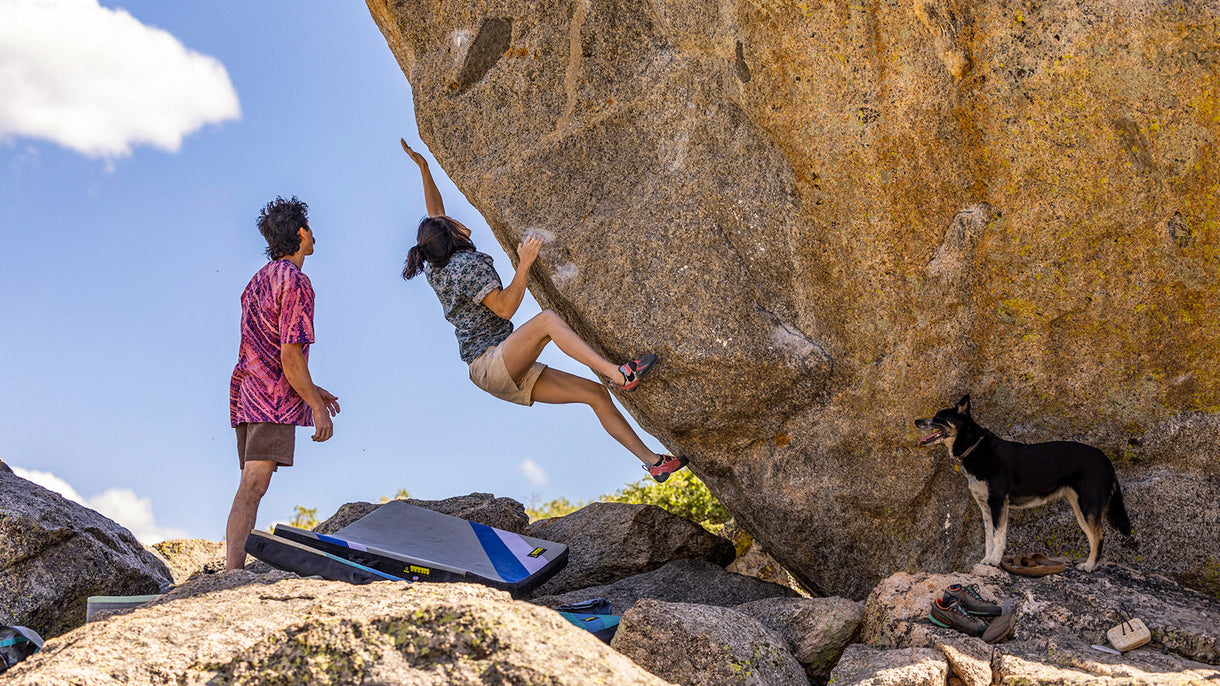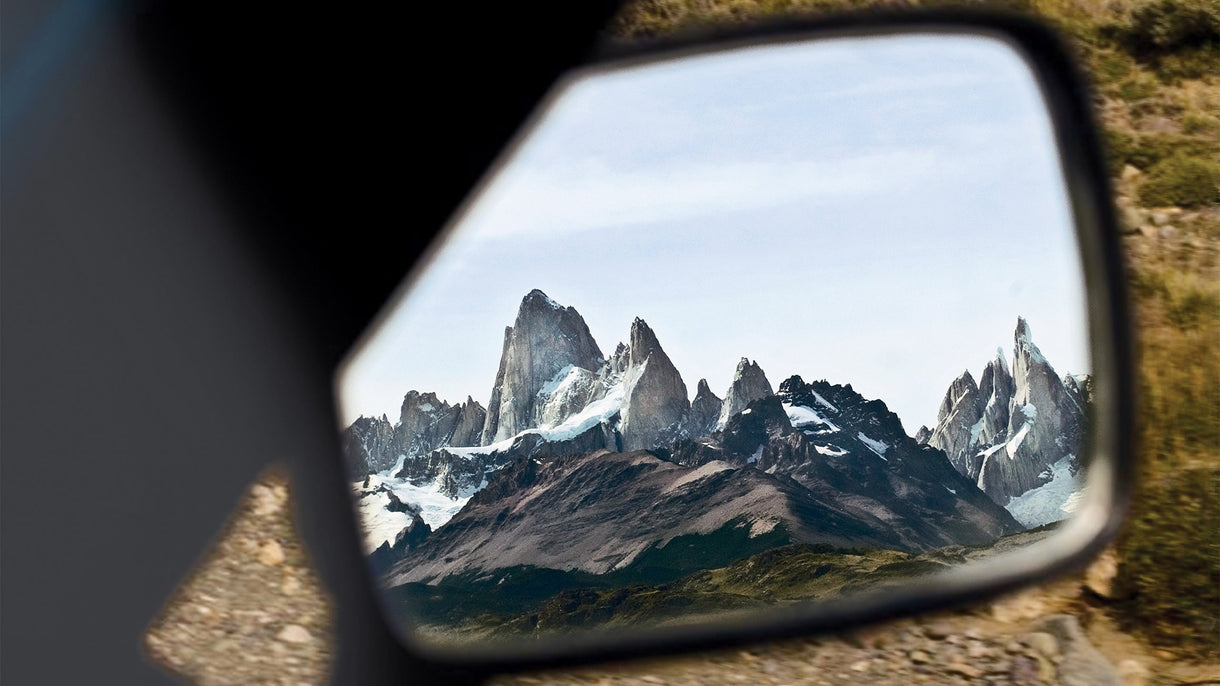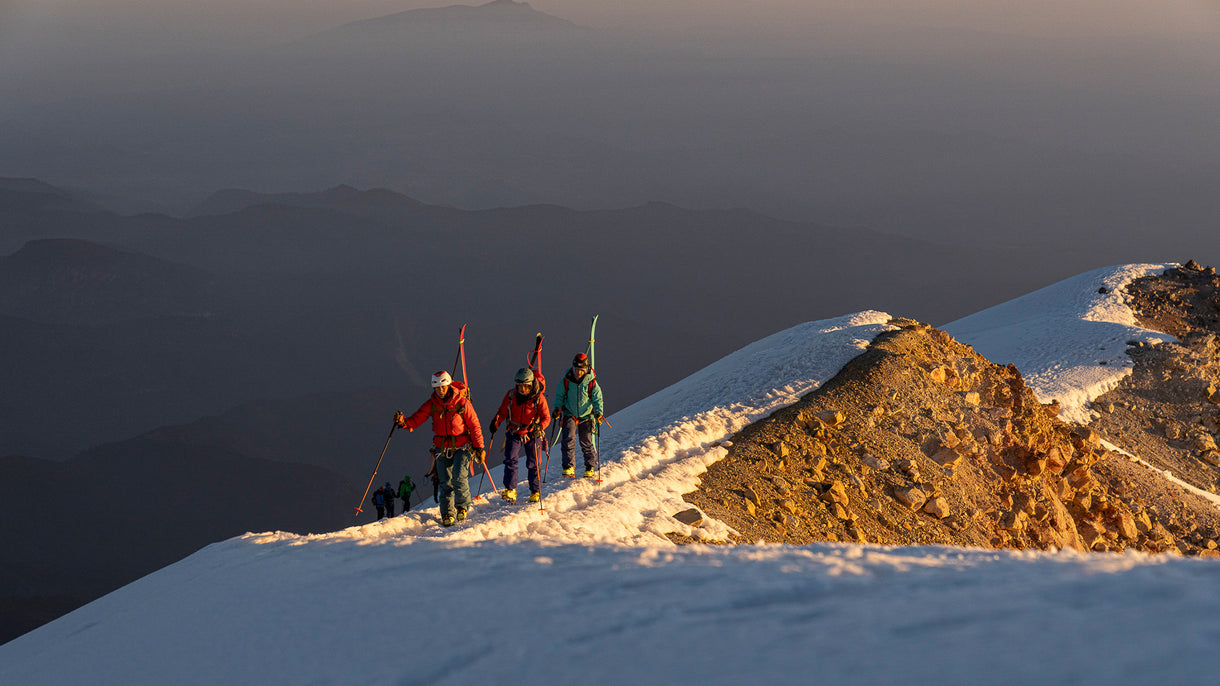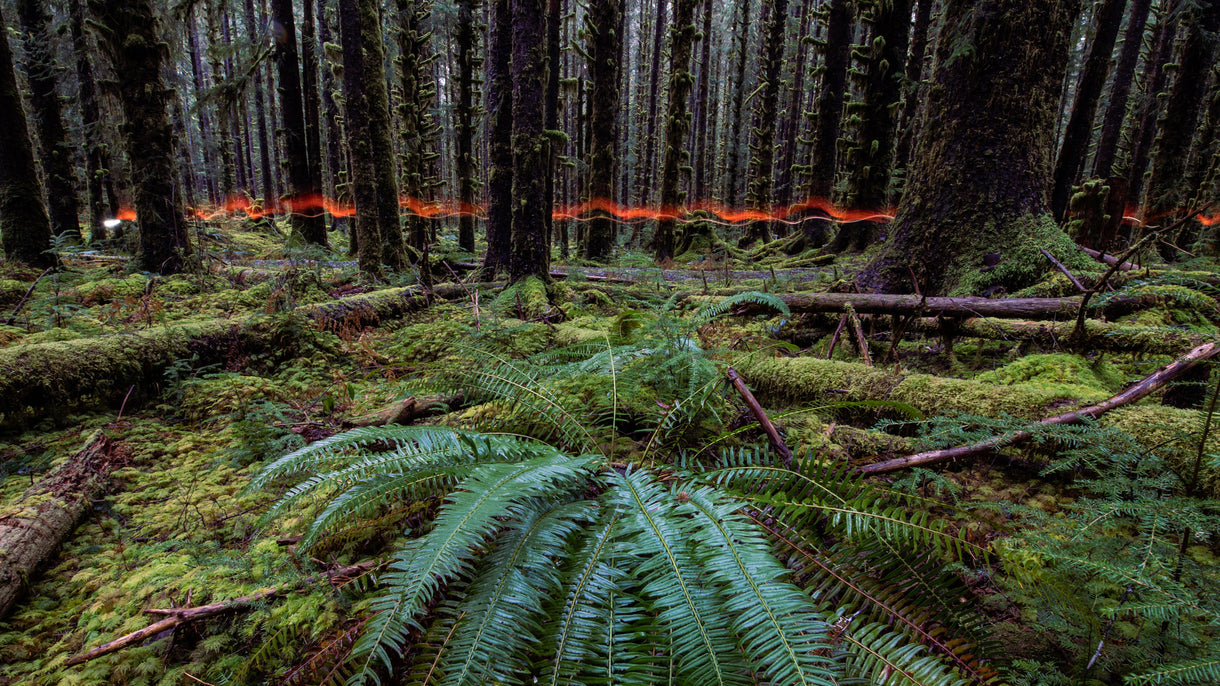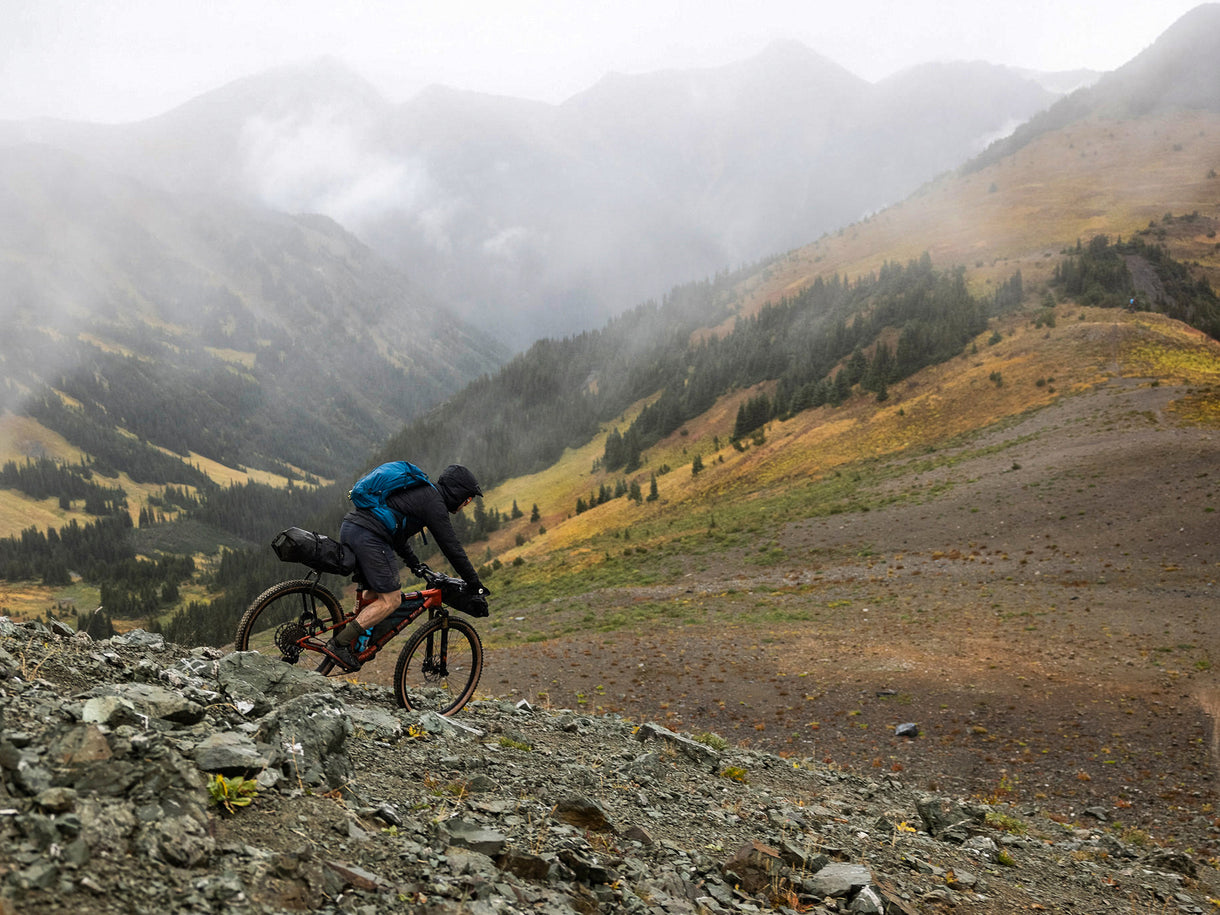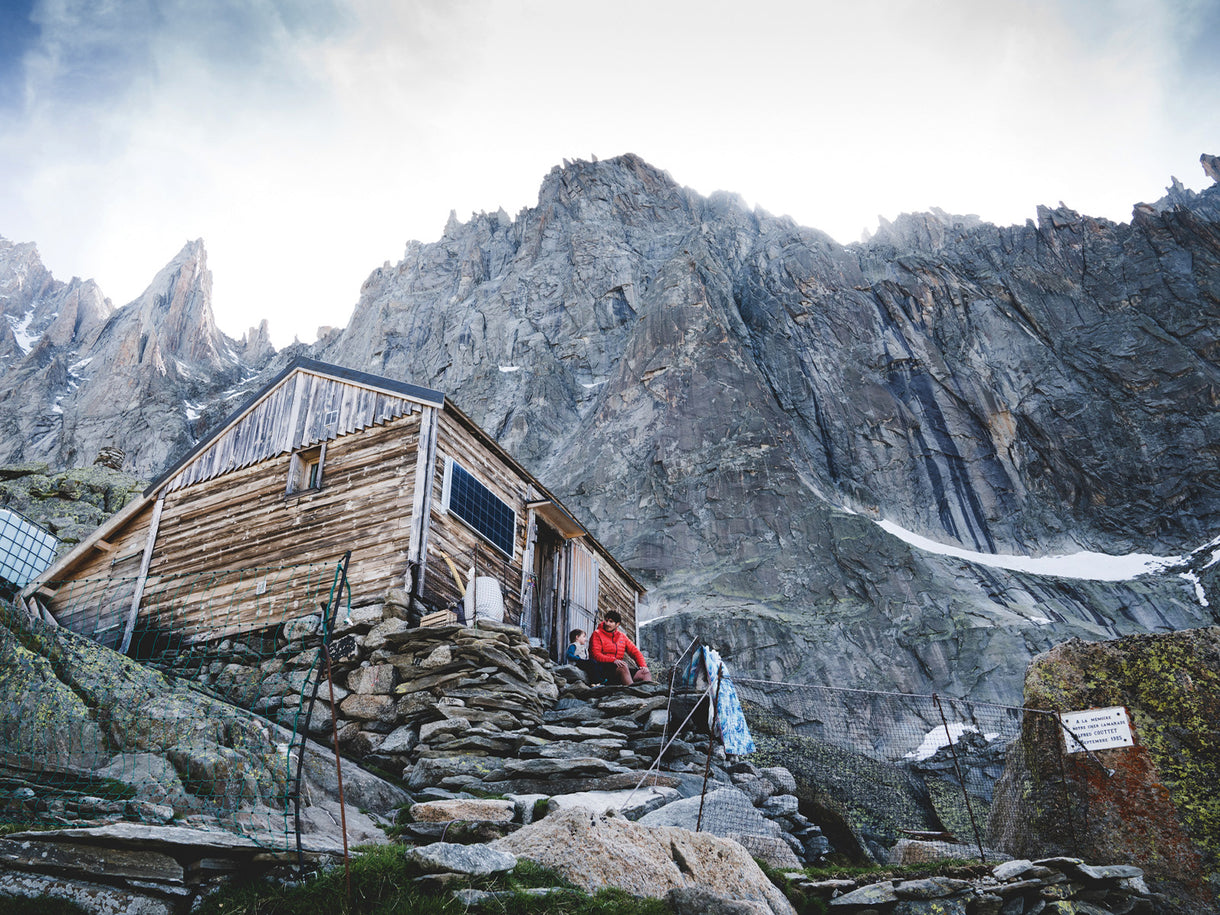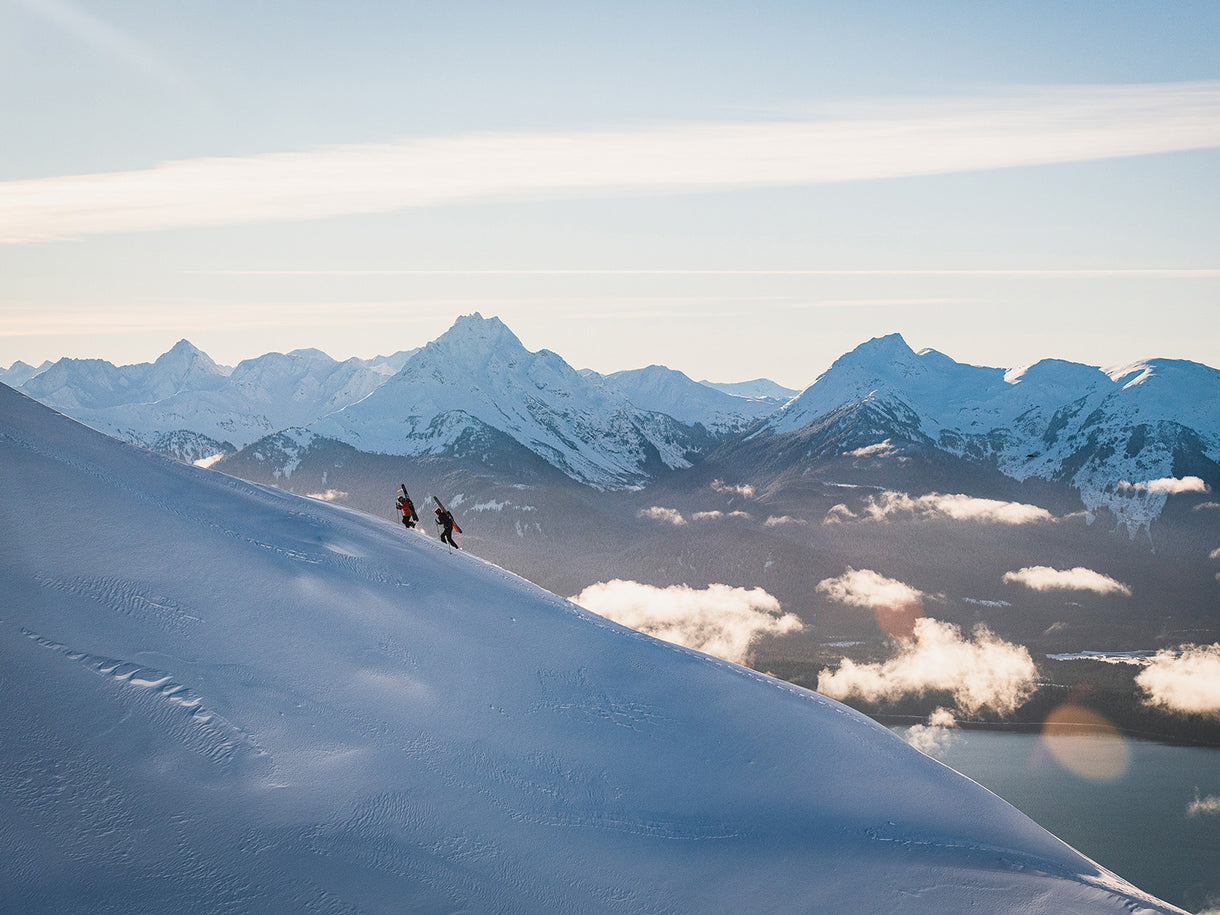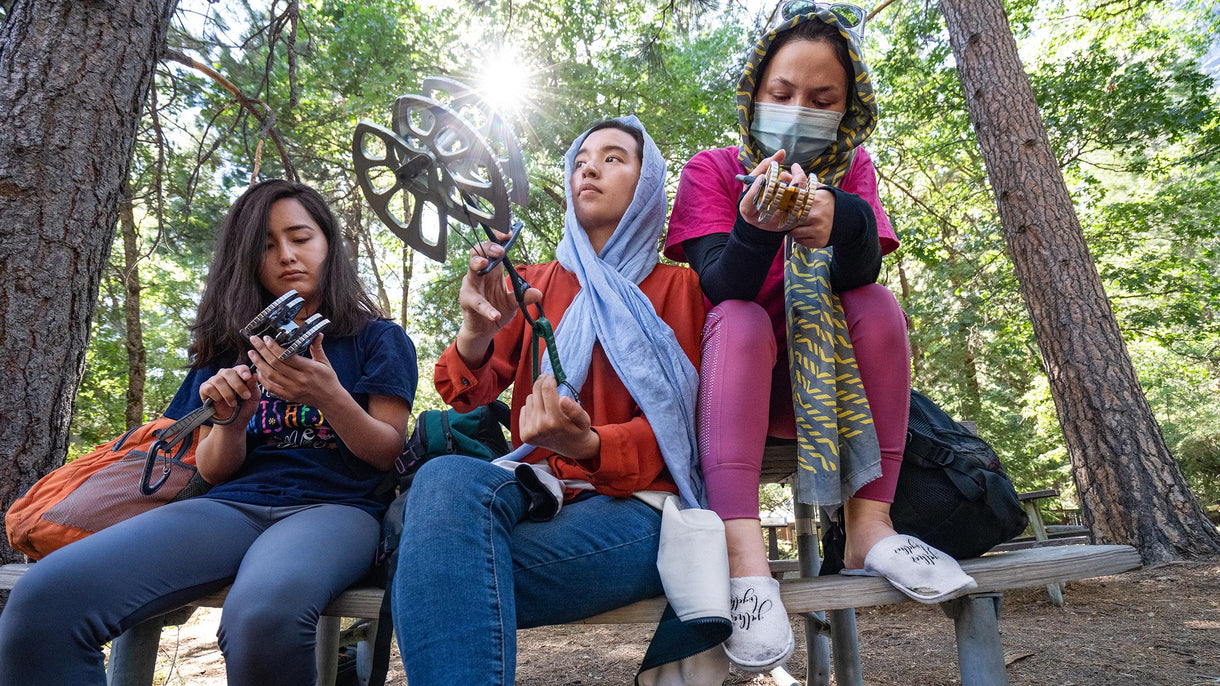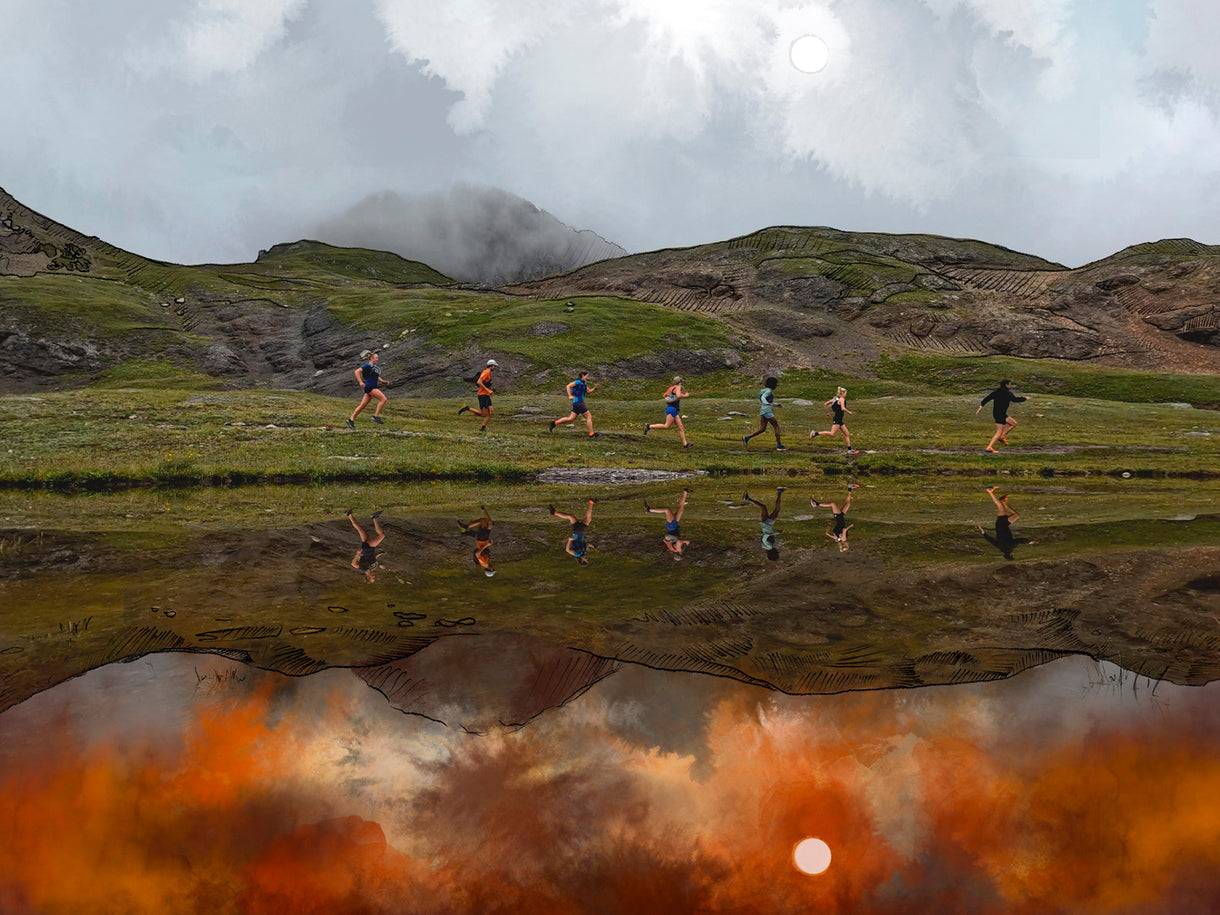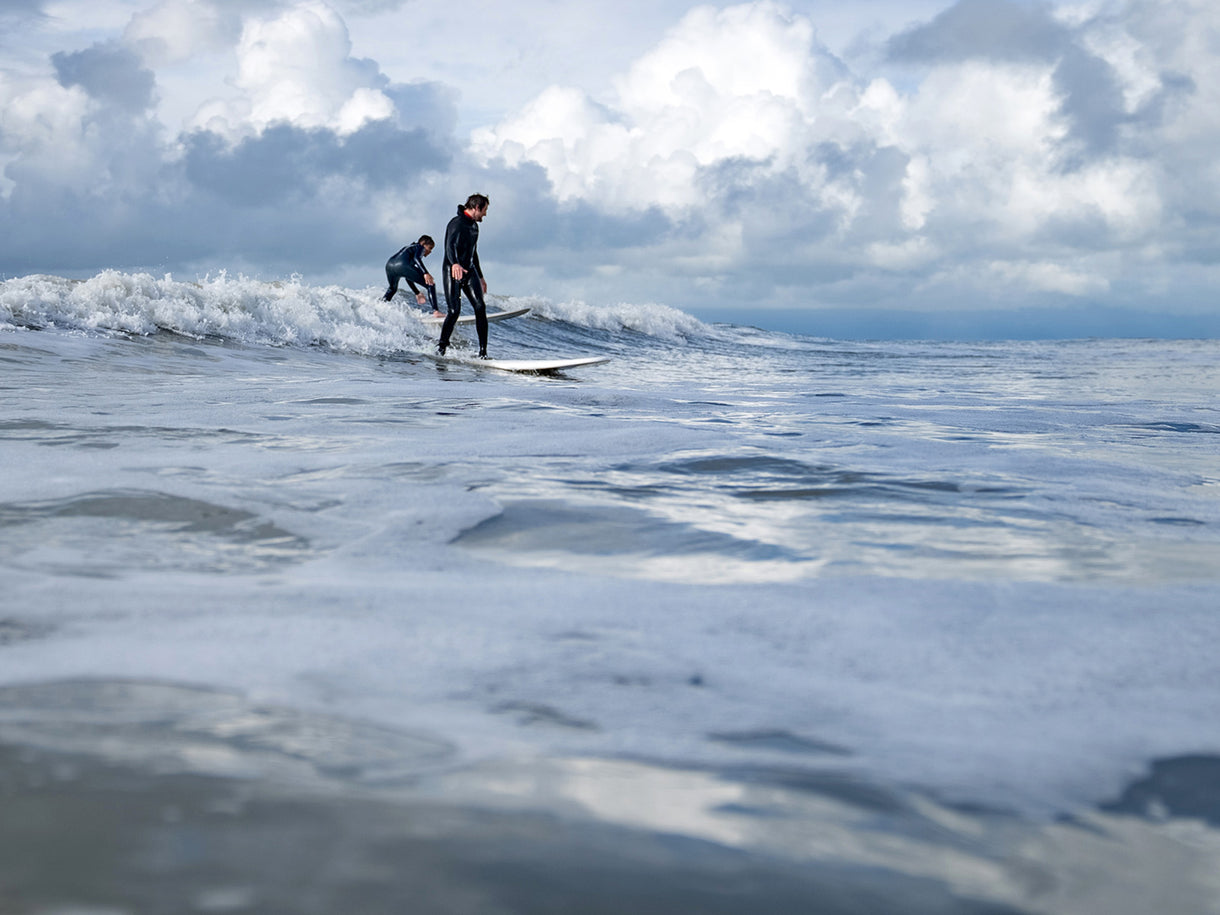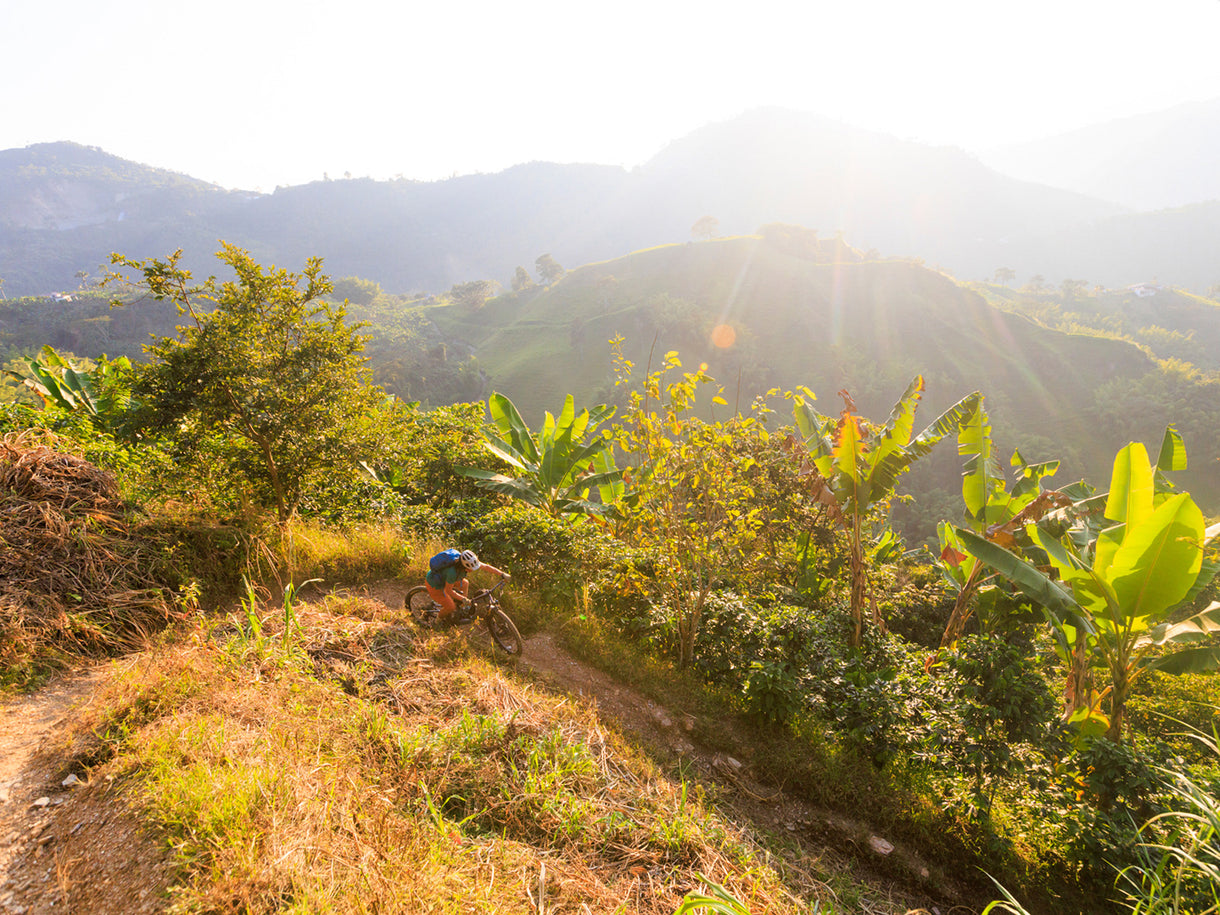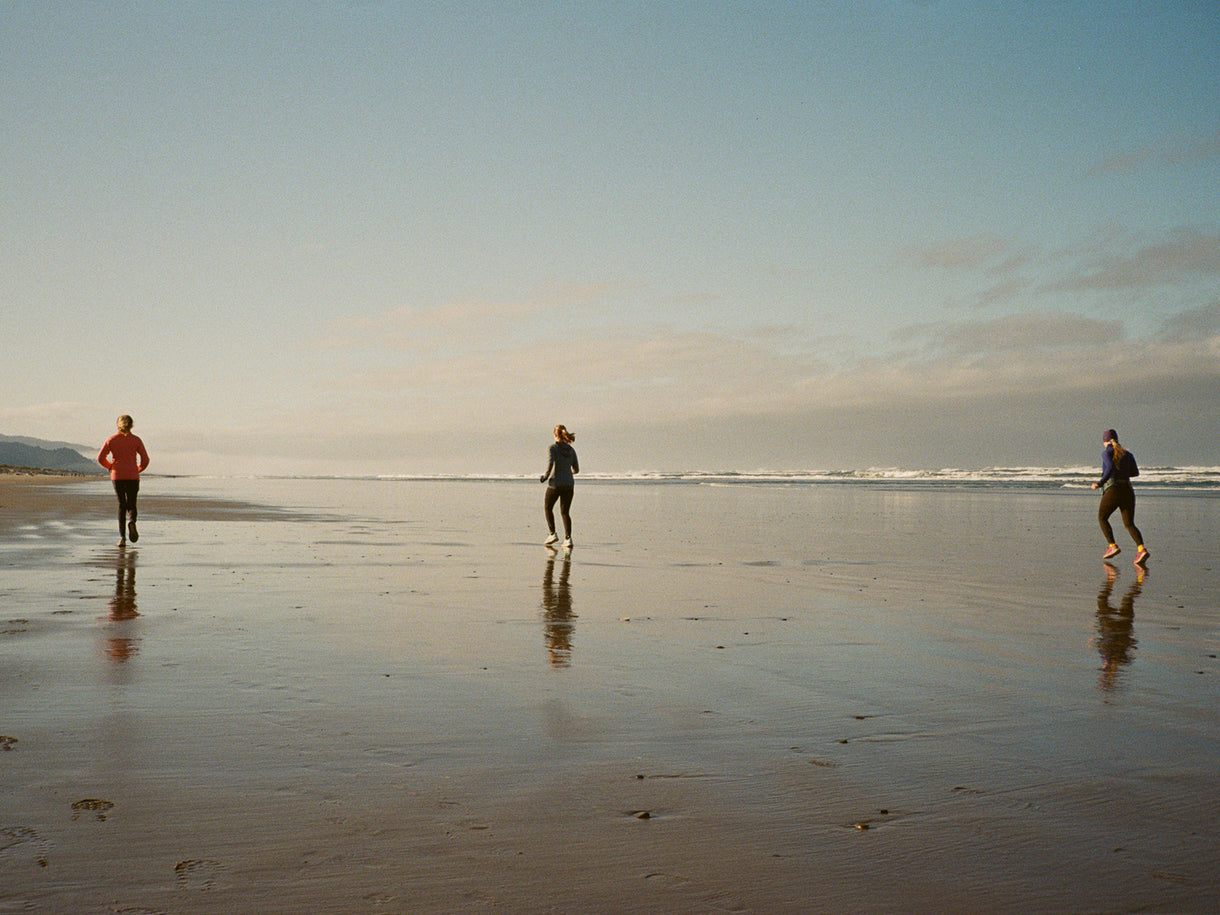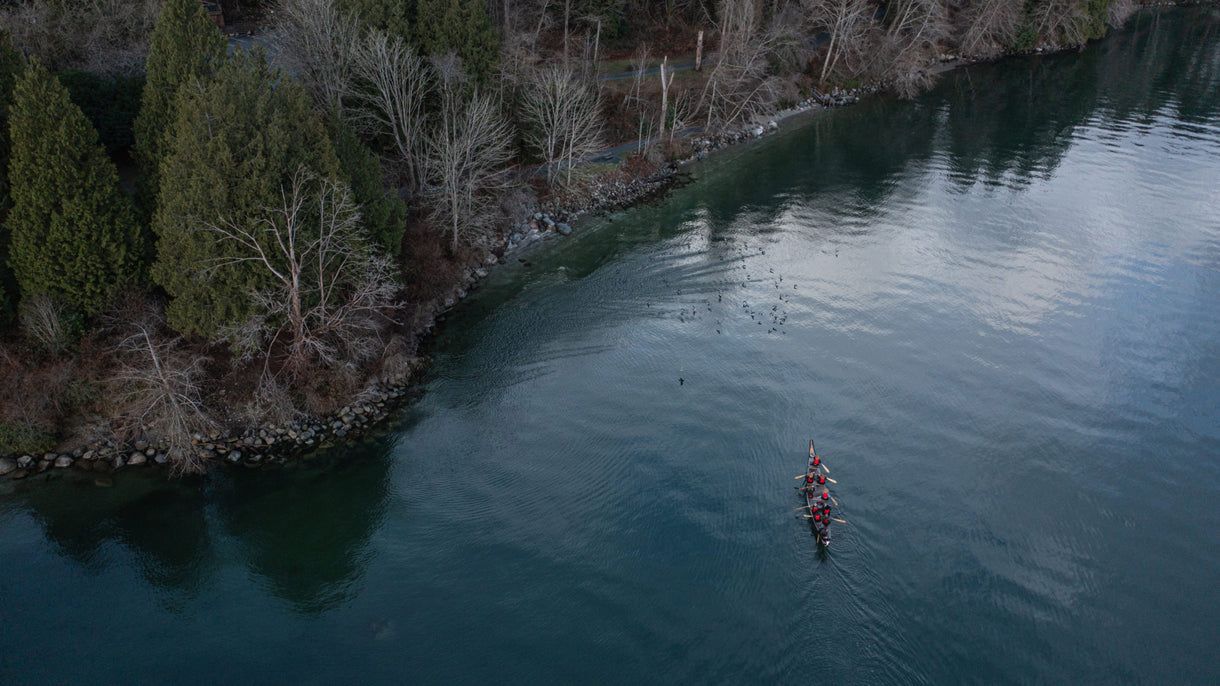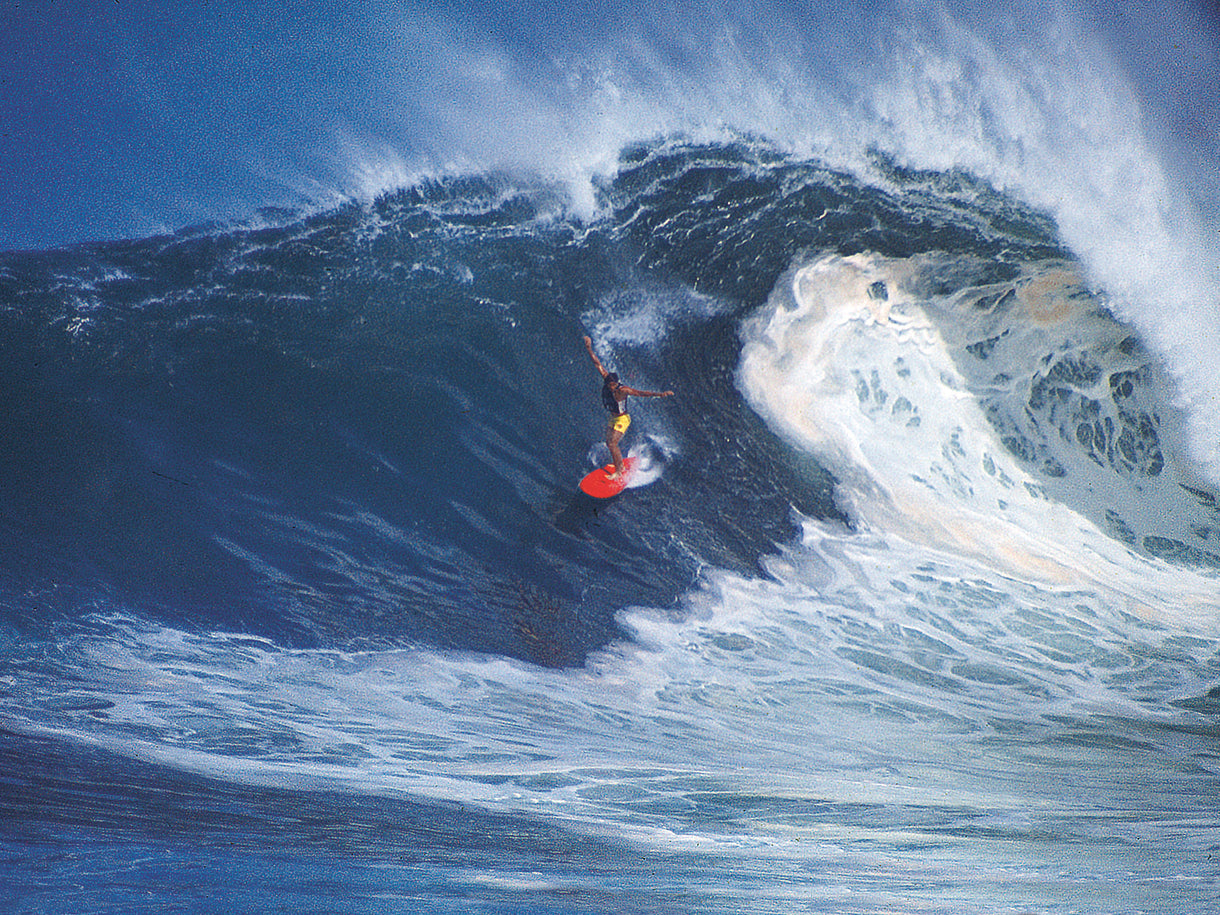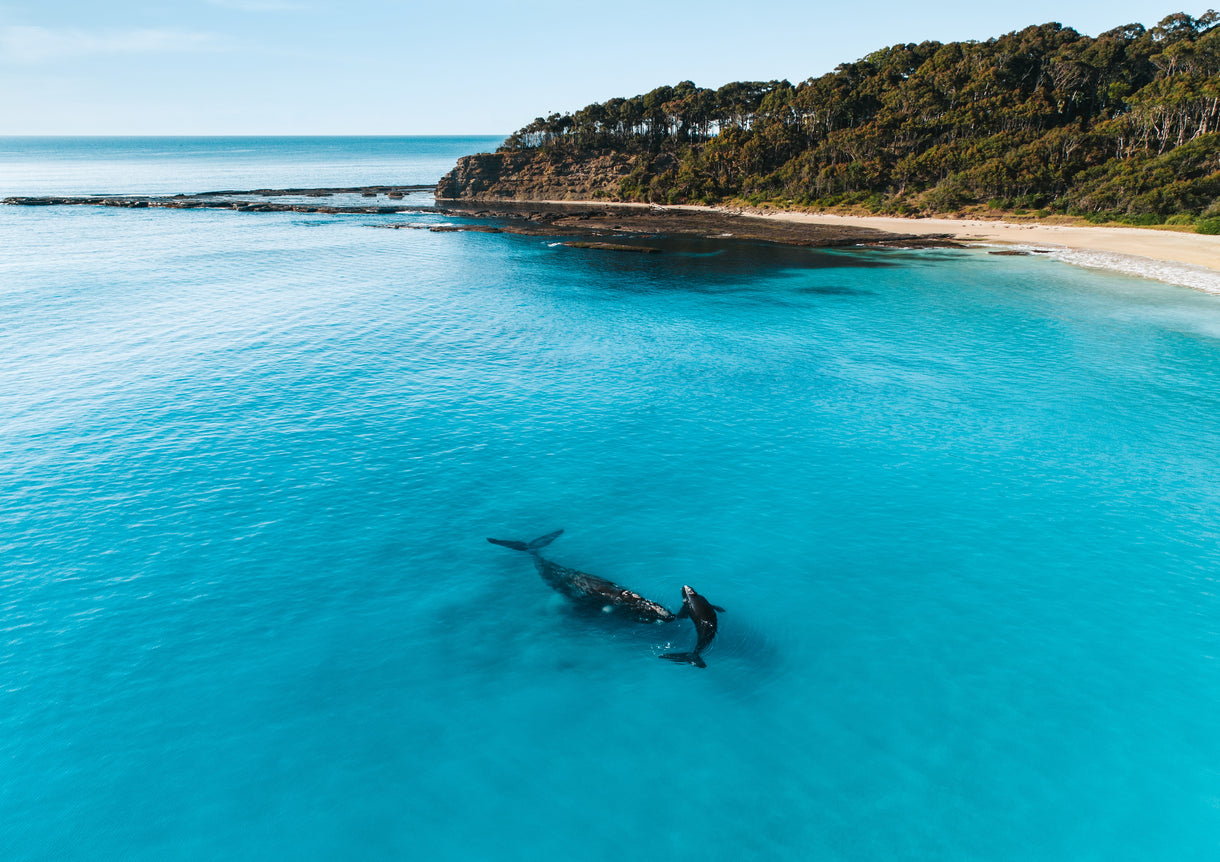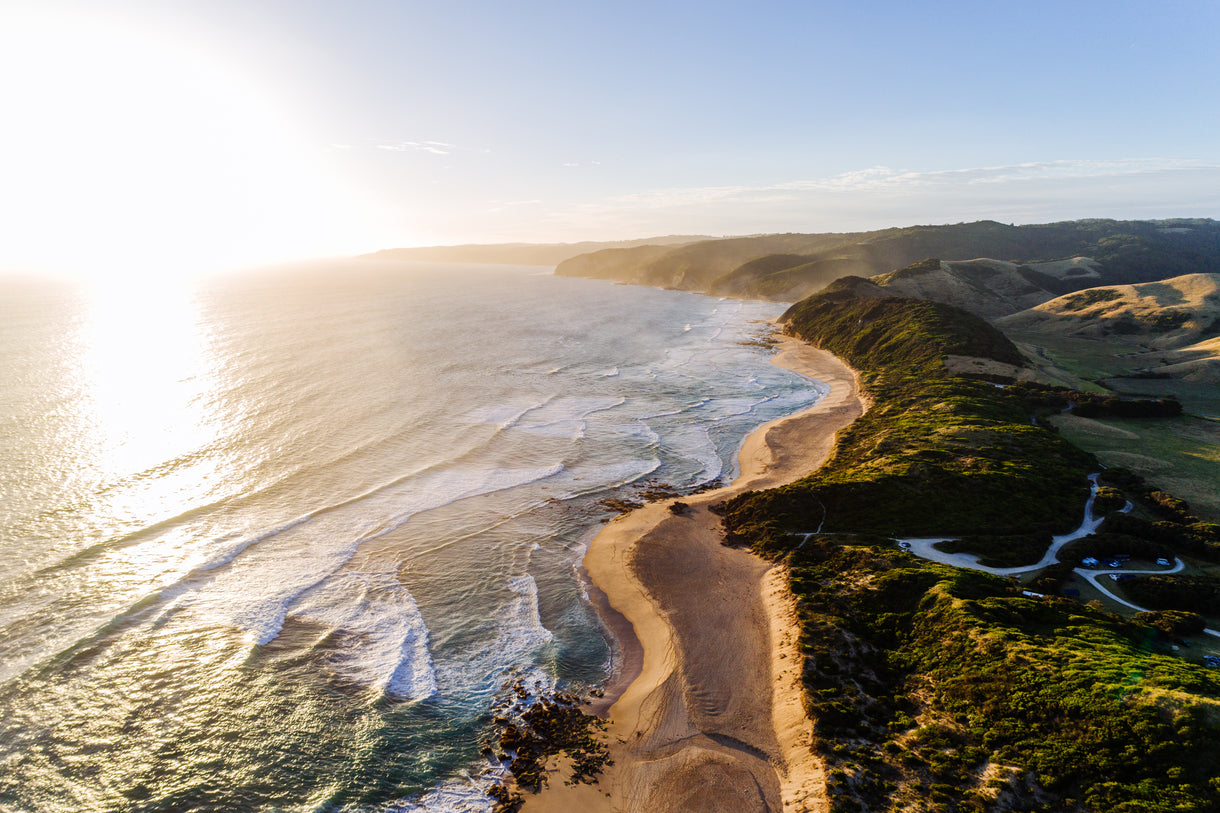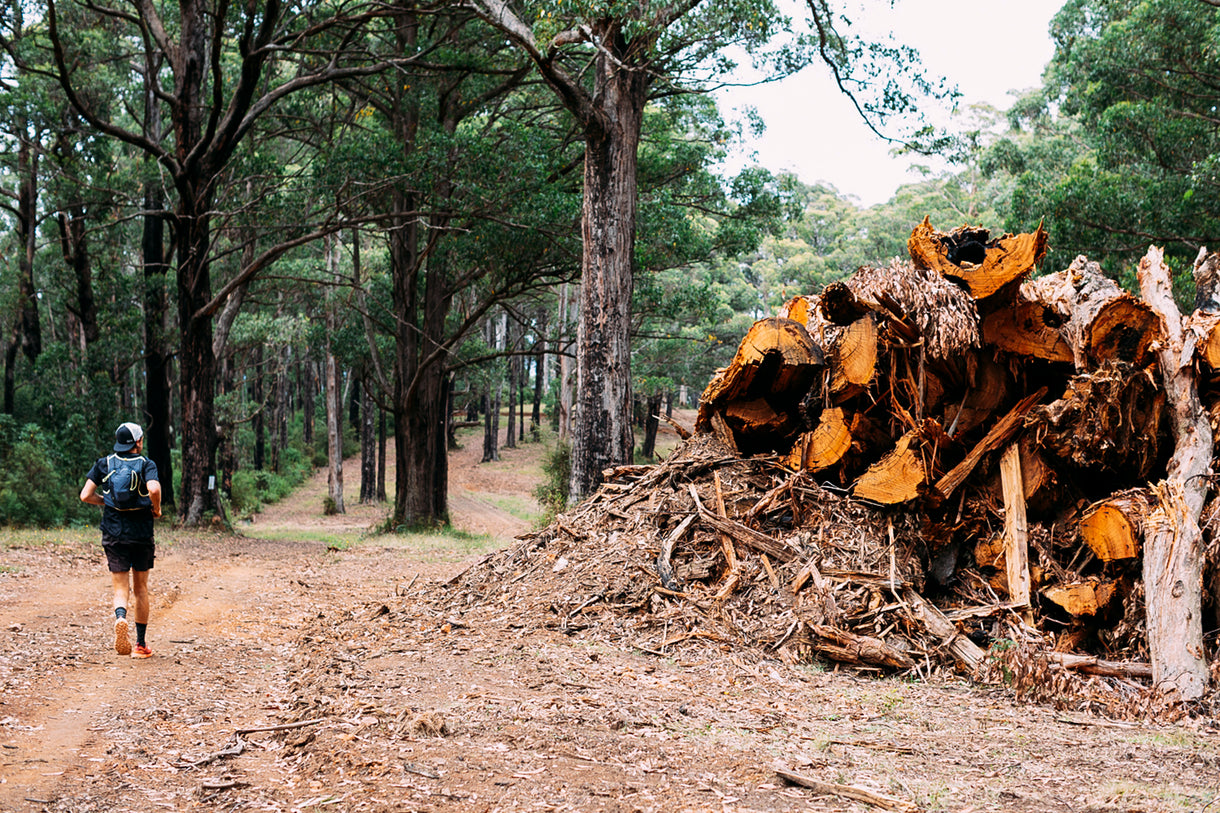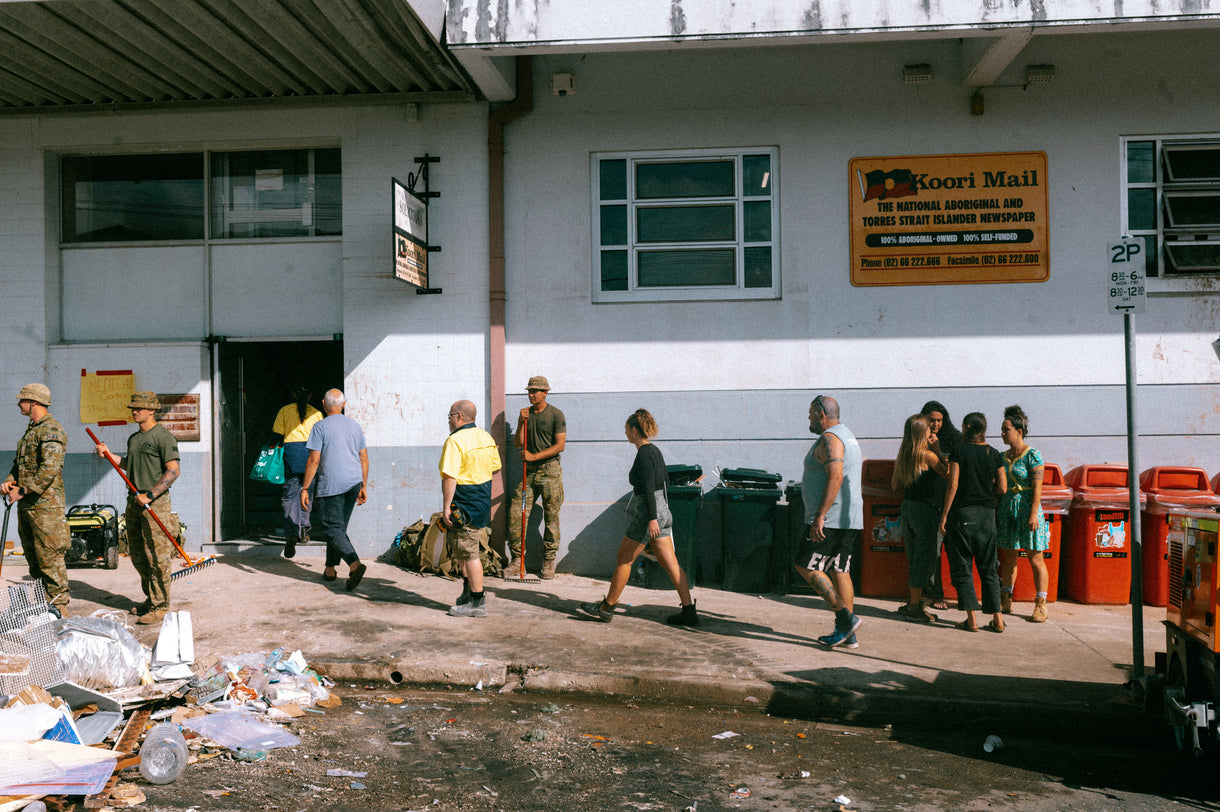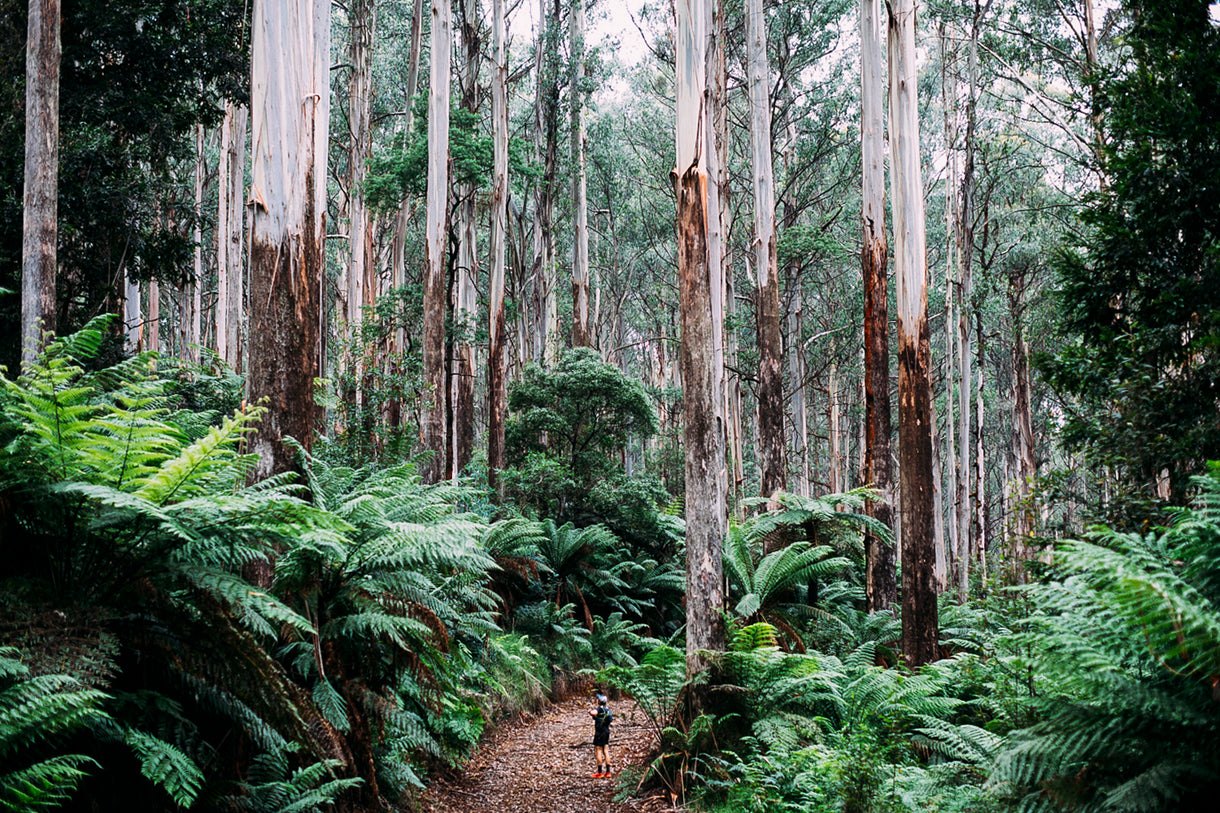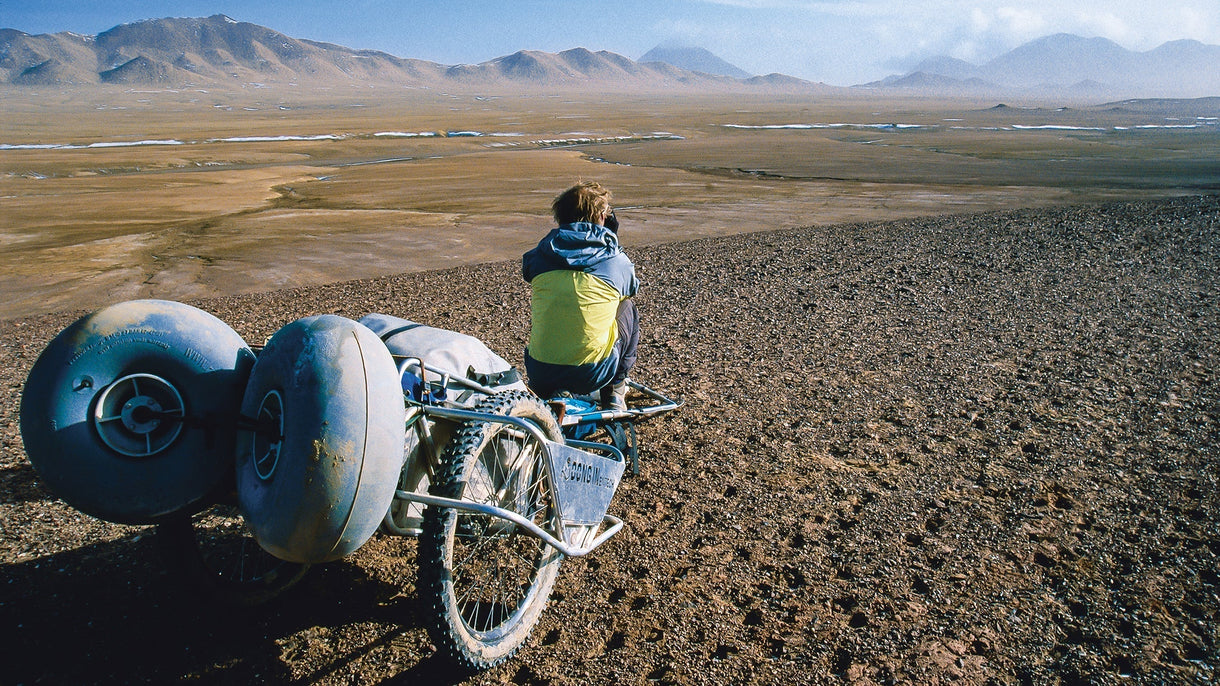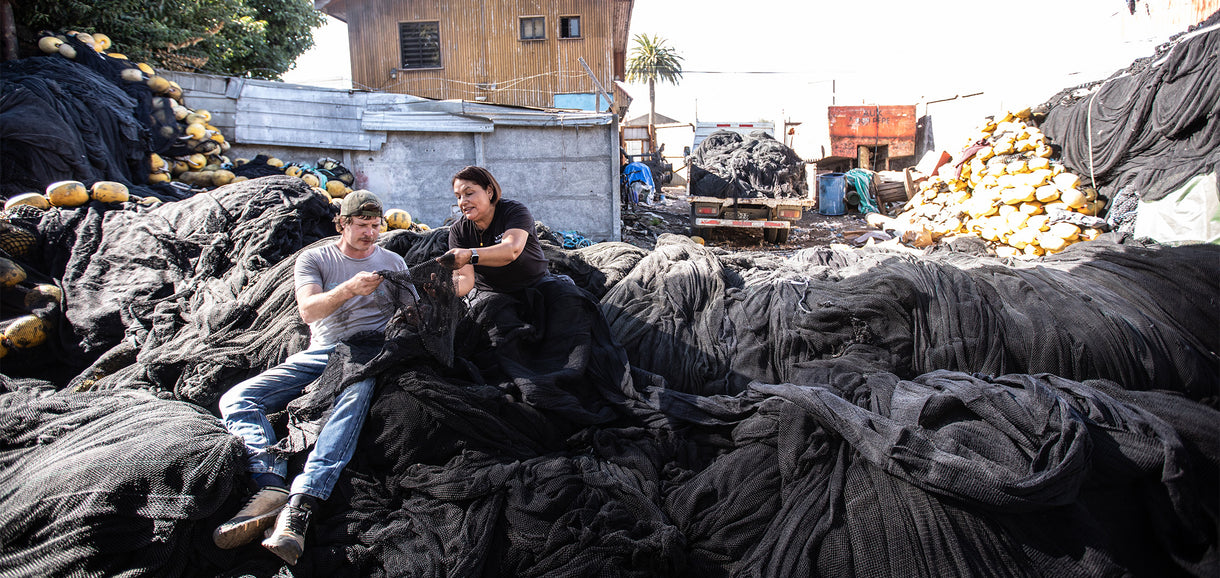Australian democracy is facing a serious problem: New anti-protest laws in states around the country that are designed to advance the interests of resource companies over the rights of the community and the environment. And that’s just the start.
In April 2014, near the headwaters of the Richmond River at Bentley, thousands of people unified to protest against exploratory coal seam gas drills attempting to break earth. Mining company Metgasco’s plans to frack the celebrated rural area were met by a diverse group of protesters—concerned locals, farmers, grassroots environmentalists, surfers, and even a group of grandmothers staging a “knit-in.” Most of them were first-timers to frontline activism.
Arriving at Bentley in the early hours with a group of fellow surfers, it was clear from looking around the crowd that this was more than simply an action to block drilling trucks from driving onto farmland. This felt different. It felt like more of a movement than a simple protest. The traditionally conservative farm folk who’d battled the “greenies” in the past were now side by side with them defending the region’s ecological future.
To break up the protest, more than 800 police from throughout the state of New South Wales were to be sent to Bentley as part of Operation Stapler .In response, protest facilitators used group text messages to engage more than 7,000 local people, who turned up en masse.
It worked. The exploration license was suspended, the trucks drove off, and a year later Metgasco ceased plans to drill at the Bentley site after agreeing to a settlement from the NSW government to buy back the license. We won the fight against the mining corporation through direct yet peaceful protest. Bentley was a win for the people, and it became a benchmark for environmental activism in Australia.
Worryingly, this type of struggle seems even more commonplace these days. Communities versus corporations. Clean air, water and soil for the people versus economic gain for large resource companies. And while the Bentley Blockade was a benchmark win for freedom of assembly and our local community and ecology, it also created a benchmark threat to the continuing endeavors of the mining industry in Australia.
It wasn’t surprising then to see the mining industry flex their lobbying muscle soon after and pressure state governments into ramping up the legal consequences for concerned citizens who participate in peaceful protest. Heavy-handed and broadly worded anti-protest legislation was passed in two states and drawn up in another.
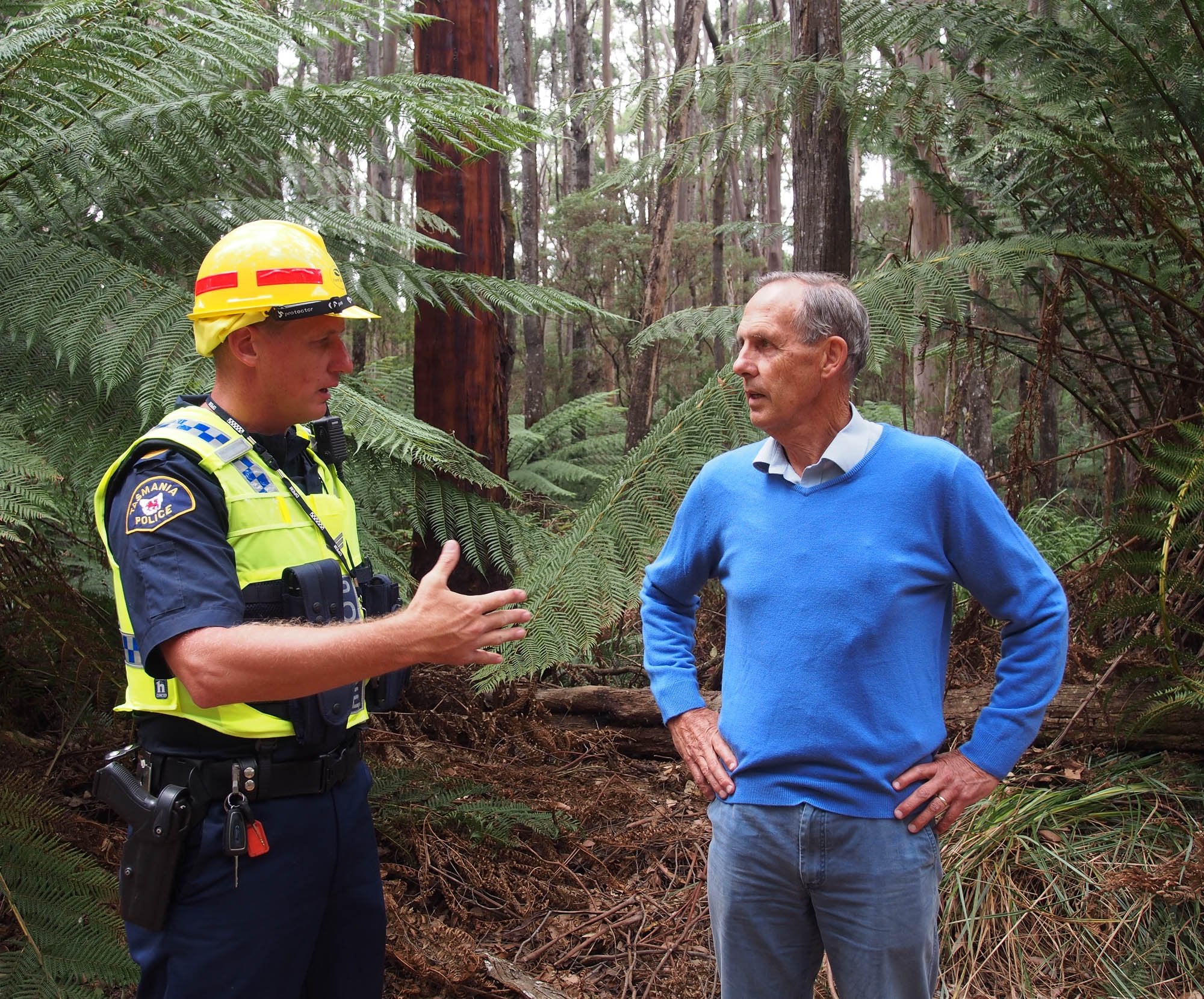
After being told he could be arrested, Dr. Bob Brown replied, “That’s right officer, I’m here for the forest. They’re here to destroy it so we’ve got an impossible situation.” When informed of his arrest, he simply said, “So be it.”
Photo: Bob Brown Foundation
In New South Wales, farmers who seek to protect water resources from pollution by a coal-seam gas company, for example, now expose themselves to a potential seven-year prison sentence. In Tasmania, where the timber industry joined the mining industry in lobbying the state government, protesters who seek to protect ancient-growth forests now face up to $10,000 in fines or four years in prison. While these laws have, so far, been targeted at the environmental movement, they could just as easily apply to civil rights or political protest.
In January 2016, Dr. Bob Brown, the former leader of the Australian Greens, was arrested while protesting against the logging of 49 hectares (121 acres) of the Lapoinya forest in northwest Tasmania. Though the charges were later dropped, Bob is challenging the Tasmanian government’s anti-protest laws in the High Court of Australia. “The laws will, if not challenged, trap everybody who wants to take a stand against something that’s manifestly wrong going on in our country,” he says.

The Lapoinya is home to centuries-old native ferns, Tasmanian devils, the spotted quoll and is part of the catchment flowing into creeks that are the home of the endangered Tasmanian giant freshwater crayfish, the world’s largest. Photo: Bob Brown Foundation
Outdoor wear company Patagonia (where I’m employed as their global surf activist) stands in solidarity with Bob’s challenge in the High Court and has contributed $50,000 to his legal costs through its Environmental Grants Program. Although the pursuit of profit has helped bring these new laws to life, business can just as easily play a role in defending personal freedoms.
The truly alarming prospect is that we don’t know what these sweeping laws would look like if applied zealously to the next Bentley Blockade. If they’d been in place back in 2014, one of the most celebrated farming and bio-diverse regions in Australia would now be an industrialized patchwork of coal seam gas wells and pipelines, and farmland and groundwater would be threatened by contamination—all for the profits of a gas company and its shareholders.
Personally, if these anti-protest laws had been in place at the time of Bentley, I would have thought twice about traveling to the blockade with my friends, as those of us who’d spoken up in defense of the land could still be paying down huge fines or even be sitting in jail. Or worse, we might not have showed up at all, which is the real essence of what these laws are designed to do.
Protect Our Rights
Despite the ruling, the Tasmanian government continues to defend the legislation and is unwilling to repeal it through Parliament, meaning unique ecosystems such as Tasmania’s Tarkine region are still not safe. We once again urge you to join us in rejecting these laws that restrict our right to peaceful protest and protect the environment.




